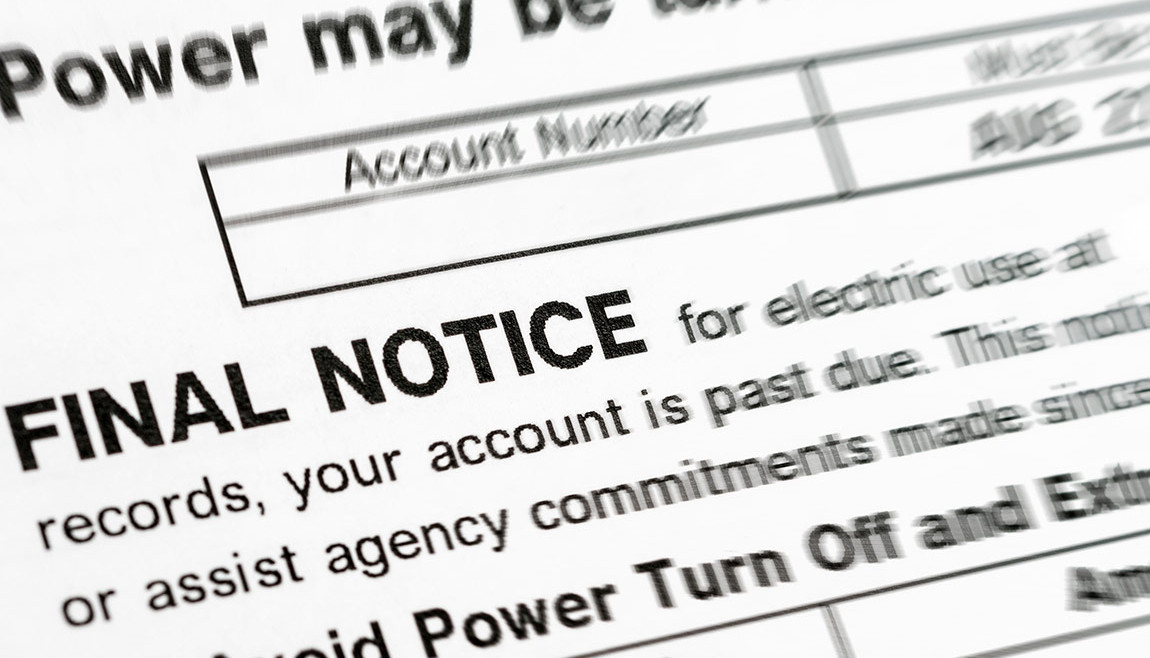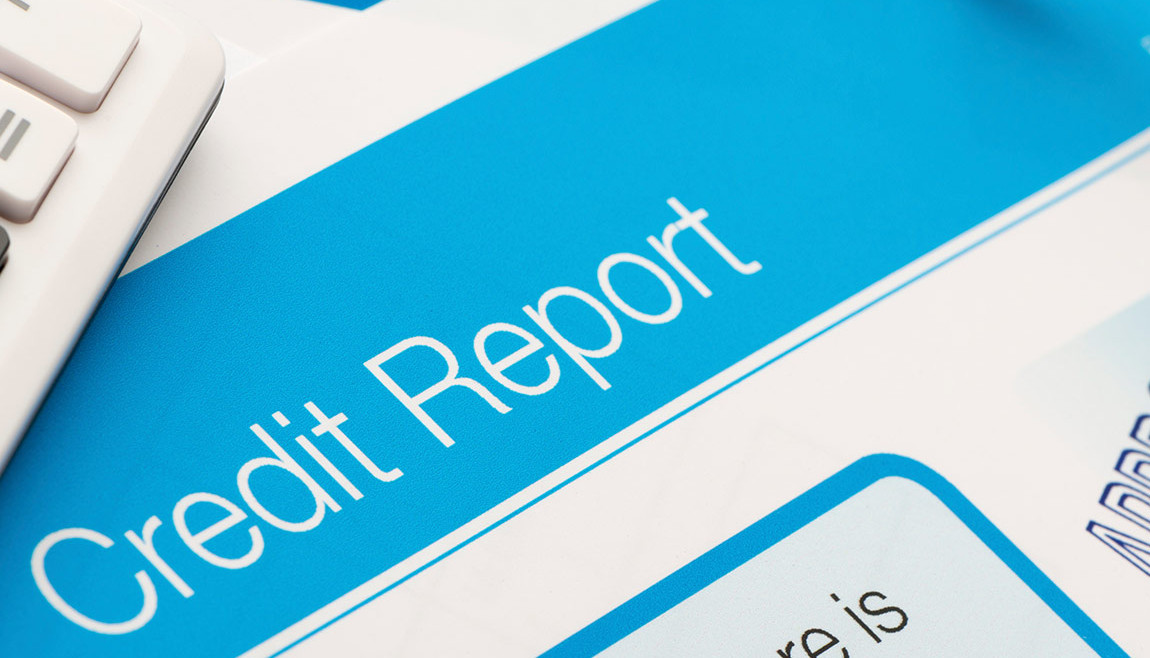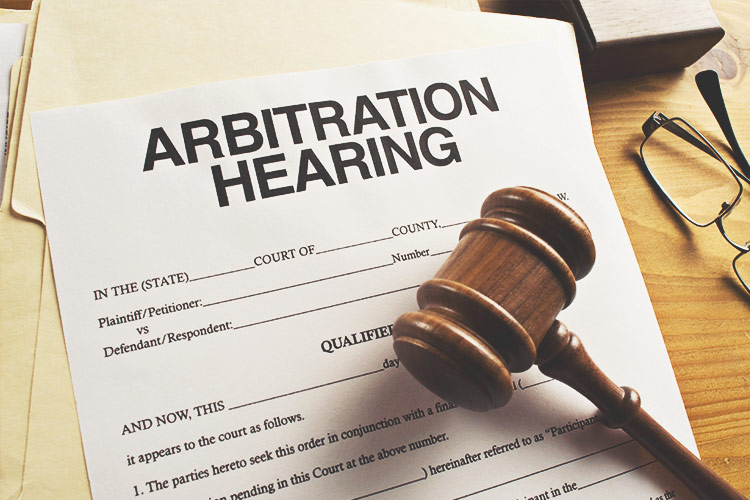Alternative Energy Suppliers
https://bardolawpc.com/wp-content/uploads/2014/11/BardoLawPC-Services-DebtCollectionAbuse@2x-1024x1024.jpg 1024 1024 StacyBardo StacyBardo https://bardolawpc.com/wp-content/uploads/2015/09/LinkedIn-StacyBardo-BardoLawPC-150x150.jpgAlternative energy suppliers allow residential utility customers to pick the company that supplies their electricity or natural gas. Find the current list of Illinois alternative suppliers at https://www.pluginillinois.org/suppliers.aspx. These suppliers often offer big savings but the results have been decidedly mixed. Suppliers promise lower prices for consumers because electricity or gas is purchased wholesale and then resold in a “competitive” environment. But numerous complaints have been filed demonstrating these low price promises have not been met.
For example, in Zahn v. North American Power & Gas, LLC, the consumer plaintiff alleged that she never received the low advertised “New Customer Rate.” Instead, there were times when she was charged nearly triple what ComEd would have charged — http://law.justia.com/cases/illinois/supreme-court/2016/120526.html.
The energy supplier argued the consumer’s claim failed because energy price complaints could not be filed in court. The Illinois Supreme Court disagreed. While pricing claims against public utility companies must be filed before the Illinois Commerce Commission, alternative suppliers are not public utilities. Therefore, false advertising and unfair pricing claims can now be filed in court.
The Zahn decision is an important one because consumers will now have additional redress available to them if their suppliers do not live up to their promises.









